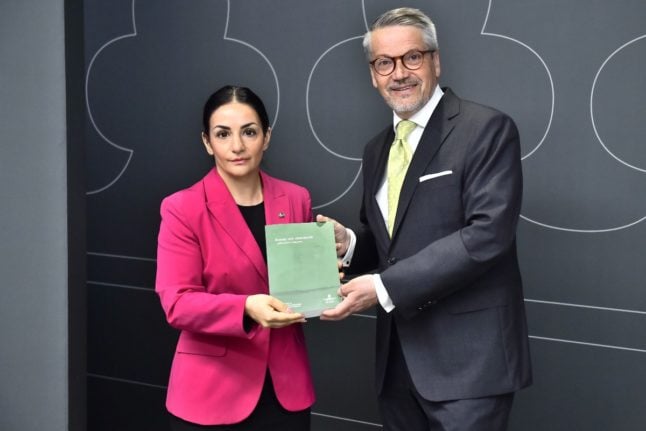“We want the state to slam on the emergency brakes and bring in a ban on establishing [new schools],” the party’s leader, Magdalena Andersson, said at a press conference.
“We think the Swedish people should be making the decisions on the Swedish school system, and not big school corporations whose main driver is making a profit.”
Almost a fifth of pupils in Sweden attend one of the country’s 3,900 primary and secondary “free schools”, first introduced in the country in the early 1990s.
Even though three quarters of the schools are run by private companies on a for-profit basis, they are 100 percent state funded, with schools given money for each pupil.
This system has come in for criticism in recent years, with profit-making schools blamed for increasing segregation, contributing to declining educational standards and for grade inflation.
In the run-up to the 2022 election, Andersson called for a ban on the companies being able to distribute profits to their owners in the form of dividends, calling for all profits to be reinvested in the school system.
READ ALSO: Sweden’s pioneering for-profit ‘free schools’ under fire
Andersson said that the new ban on establishing free schools could be achieved by extending a law banning the establishment of religious free schools, brought in while they were in power, to cover all free schools.
“It’s possible to use that legislation as a base and so develop this new law quite rapidly,” Andersson said, adding that this law would be the first step along the way to a total ban on profit-making schools in Sweden.



 Please whitelist us to continue reading.
Please whitelist us to continue reading.
Member comments